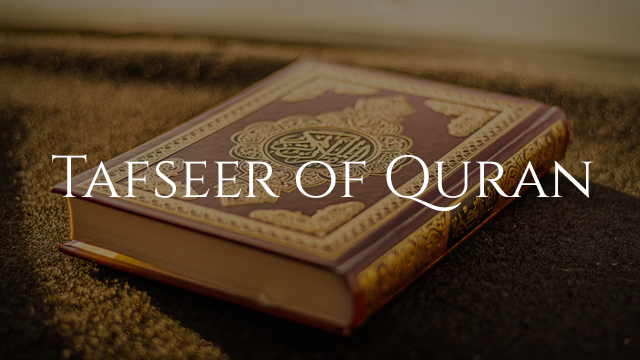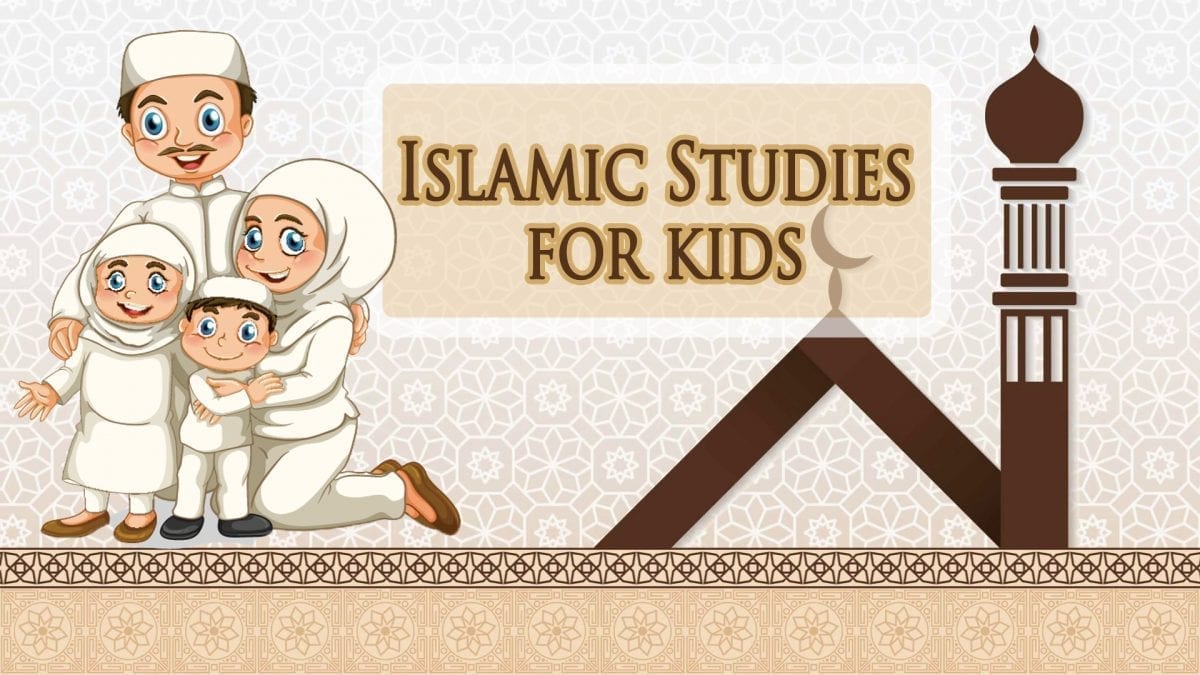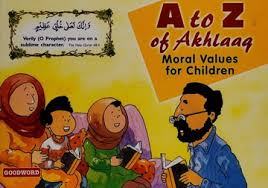Islamic Ethics (Akhlaaq)
Islamic Ethics (Akhlaaq)
Islamic Ethics, also known as Akhlaaq, is an essential aspect of a Muslim's character and behavior. In this course, you will explore the moral teachings of Islam and how they shape a person's actions, speech, and interactions with others. The course is designed to provide a comprehensive understanding of Islamic values and how to implement them in daily life.
Akhlaaq is more than just a set of rules. It is a way of life that emphasizes virtues such as honesty, respect, kindness, patience, and humility. Islamic teachings provide clear guidelines on how to interact with others, both within the family and in the broader community, in a way that reflects the highest moral standards.
Throughout the course, we will delve into the principles of Tawheed (the oneness of Allah), Ruhaniyat (spirituality), and the guidance provided by the Prophet Muhammad (PBUH) and other Islamic figures. You will learn how these teachings lay the foundation for ethical conduct and establish the moral character of Muslims.
Honesty is one of the core values in Islam. The Quran and Hadith emphasize the importance of truthfulness and integrity in all aspects of life. As part of this course, you will examine stories from the life of Prophet Muhammad (PBUH) and his companions that highlight their honesty and the impact it had on their relationships and their communities.
Kindness and compassion are central to Islamic teachings. Islam encourages Muslims to be considerate towards others, especially those in need. The course will cover how the Prophet Muhammad (PBUH) treated the poor, the orphans, and even those who were hostile to him. By learning these examples, students can integrate these virtues into their daily lives, fostering a more compassionate and harmonious environment.
Respect is another fundamental value in Islamic ethics. Islam teaches respect for all people, regardless of their background, religion, or status. This course will explore the Islamic teachings on respecting parents, elders, teachers, and even strangers, and how this respect strengthens the fabric of the Muslim community.
Humility is considered a virtue in Islam that counters arrogance and pride. In this course, you will reflect on the importance of humility, as taught by the Quran and the Sunnah (traditions of the Prophet). We will discuss practical steps to cultivate humility and apply it in our interactions with others.
Forgiveness is a powerful tool for emotional and spiritual growth in Islam. The ability to forgive others, even when wronged, is a central theme in Islamic ethics. You will learn about the importance of forgiveness, both in terms of personal well-being and in fostering peace within communities.
The course also covers social ethics, including the importance of justice, equality, and mutual respect. Islam provides clear guidelines for dealing with societal issues such as oppression, poverty, and inequality. We will discuss how these principles can be applied in modern contexts to promote social justice and peace.
By the end of this course, you will have a deep understanding of Islamic ethical teachings and practical knowledge on how to integrate these values into your life. Whether at home, in your professional life, or in your community, Islamic Ethics will guide you to become a better person, a better Muslim, and a positive force in society.
Akhlaaq is not just about individual conduct; it is about transforming society by embodying the ethical teachings of Islam. This course will inspire you to live according to the principles of Akhlaaq and become a role model for others in your community.






